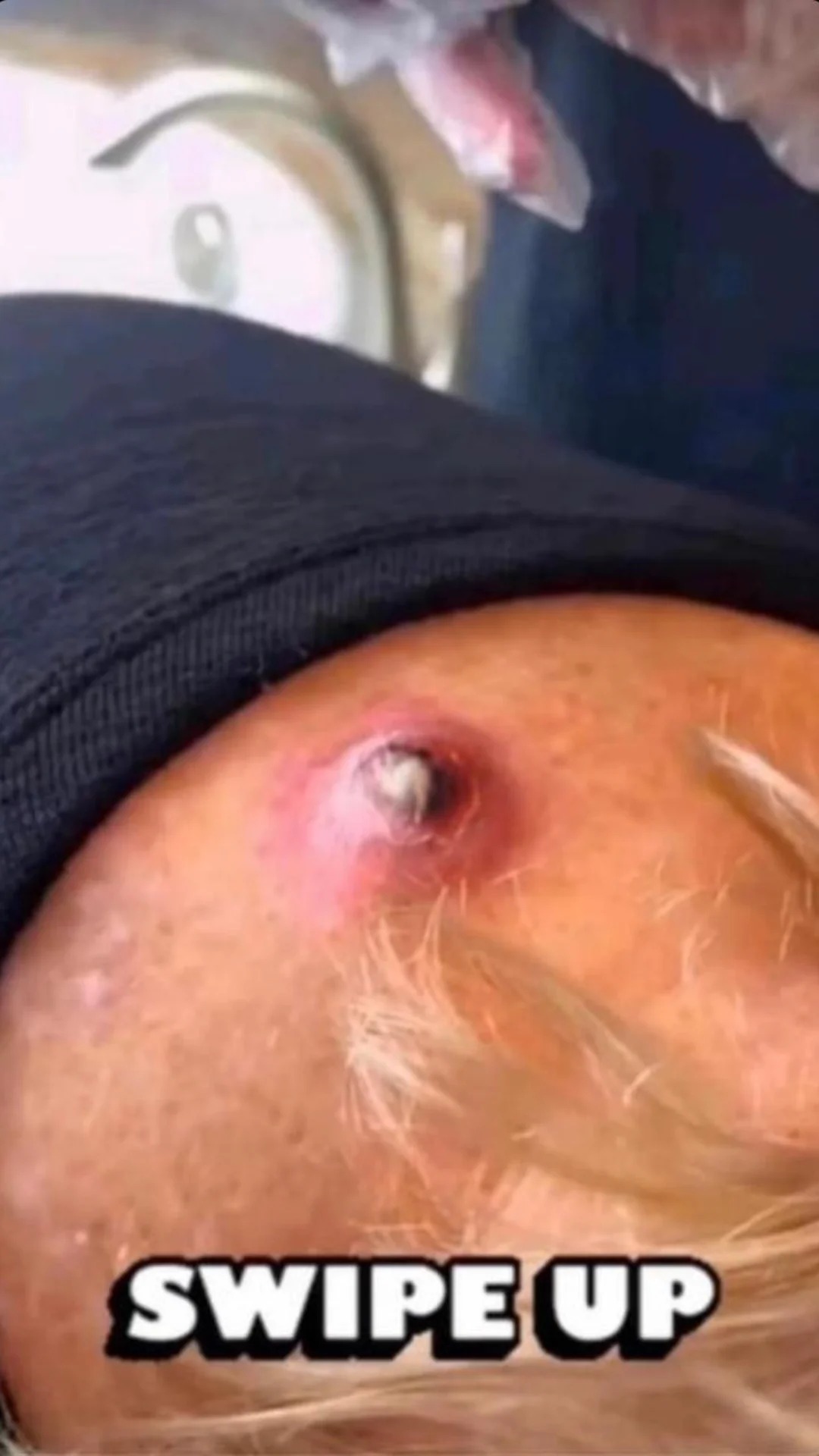1.Maintain Freshness: Prevent sweat from lingering on your skin after workouts. Take a prompt shower to cleanse your skin and prevent pore blockages caused by sweat.
2.Exfoliation: Incorporate exfoliating scrubs into your skincare routine. These products help eliminate sweat, dirt, and dead skin cells, which can clog pores and contribute to acne.
3.Choose Breathable Clothing: Opt for breathable fabrics to minimize skin irritation. Loose-fitting attire can help you stay comfortable and reduce the likelihood of skin issues.
4.Hair Management: If you have long hair, avoid letting it touch your back, as it can introduce dirt and exacerbate acne. Keeping your hair off your back can prevent painful breakouts.
5.Select Suitable Skincare: Be mindful of the products you use. Opt for skincare items designed for acne-prone skin, containing ingredients like salicylic acid, tea tree oil, and white willow bark.
6.Hydration: Adequate hydration is essential for healthy skin. Drinking more water supports immune function, aiding in the removal of acne-causing bacteria.
7.Incorporate Anti-inflammatory Foods: Adjust your diet to include anti-inflammatory foods. Berries, whole grains, beans, and certain nuts can help reduce the appearance of acne.
8.Hands Off: Avoid the temptation to pop or touch acne. Picking at acne can lead to scarring and infections. If itching becomes severe, consult a dermatologist for proper treatment.
9.Sun Protection: While sunlight provides vitamin D, safeguard your skin from harmful UV rays by using non-comedogenic SPF products. These won’t clog your pores.
10.Zinc and Low-GI Foods: Consider including zinc-rich foods in your diet. Zinc helps reduce inflammation and balances the skin barrier. Foods like spinach, oysters, pumpkin seeds, and low glycemic index (GI) foods such as vegetables and fruits can aid in reducing acne.
